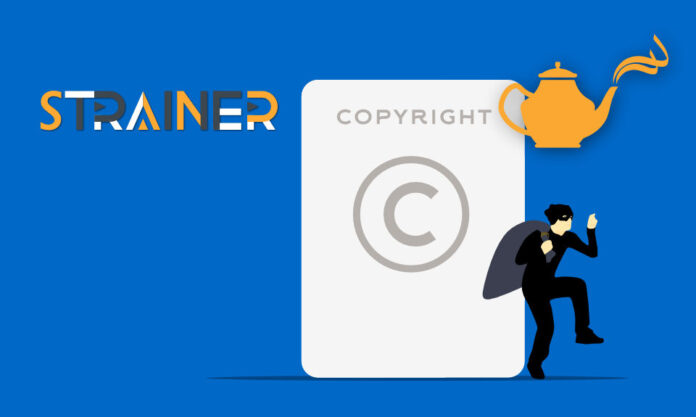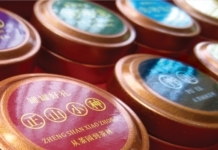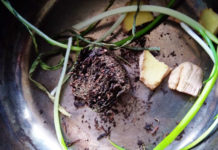This is the era of big data. There was more digital data created, stored and shared in the past 2 years than all of the digital data existing before that.
What used to be a computer thing is now a watch and fridge and spy-camera thing. Lots more ones and zeroes flying around.
Yes, but this 2-year rule has been true for far longer than 2 years. The “big data” term is 800 bytes, which has somehow survived that exponential data churn unharmed, used by humans for decades, most continually mistaking it for a fresh phenomenon.
And, actually, the sheer size of that data is an impediment to the practical use of that data. Even if it were stored by one single organisation, which it certainly is not, the sifting job is immense. Right now, it remains as much a fat-berg as a goldmine.
Everyone reading this article, theoretically, could be fined for some legal transgression perpetrated this week. And the evidence for that transgression is right there, indelibly stored, on the server of your IP provider, device manufacturer, platform owner or professional interloper. It’s just not picked up.
Don’t tell me you haven’t partaken of intellectual-property piracy or breached your employer’s confidentiality terms this week, because I won’t believe you. You think The Nanjinger cleared the pictures at the top of this page?
Scary as the snooping capacity genuinely is, the policing capacity continues to lag.
So, when I read that a team at Nanjing Agricultural University is developing blockchain technology to clean up the tea market from fakes, I’m not exactly jumping out of my seat.
For one thing, “fakes” are not the biggest pain point in my tea life. I’m more concerned about fertilisers, colourings, microplastics and monopolies than I am about strict provenance. Anyone with a pocket calculator can tell you that the square kilometres of West Lake won’t provide a whole continent with West Lake Tea this year. And much of the larger-radius tea is better than that from the hub.
I like the idea of it being invented here; a “Nanjing Standard” could be a great advertisement for the city and its industry. Our very own Rain Flower Tea, currently under-demanded nationally, could become the “Champagne” of tea, with multi-million yuan, bounty fines appearing in the news. Would-be fakers could eventually settle for a lower level of compliance like “Genuine Jiangsu Rain Flower”. That would be a win-win victory for common sense.
But why should it be assumed that the new gateholders will be more Serpico-pure than the current tribe of inspectors and rubber-stampers?
And I’m worried that it’s only the big players who will be able to pay for compliance in the new regime; this could end up being more expensive than the current hologram stickers and certificates.
I’ll one day be embarrassed by my ridiculing of data hoards; big data can be rendered useful when good AI can parse that data.
But I have no confidence at all that good tea can be guaranteed by the data and the AI and the infrastructure which humans currently possess.
A technological deterrent might cow a few criminals into compliance… and it might goad a few into coding.












